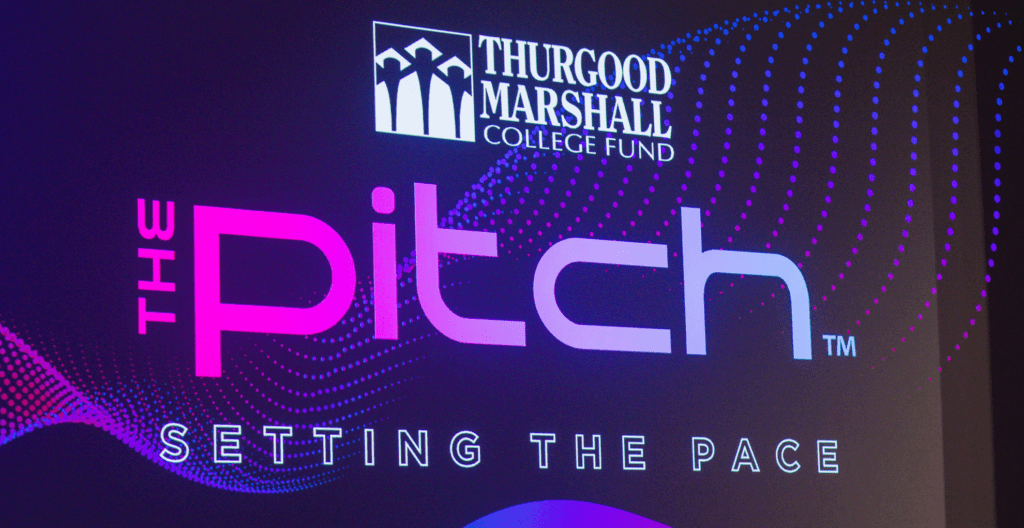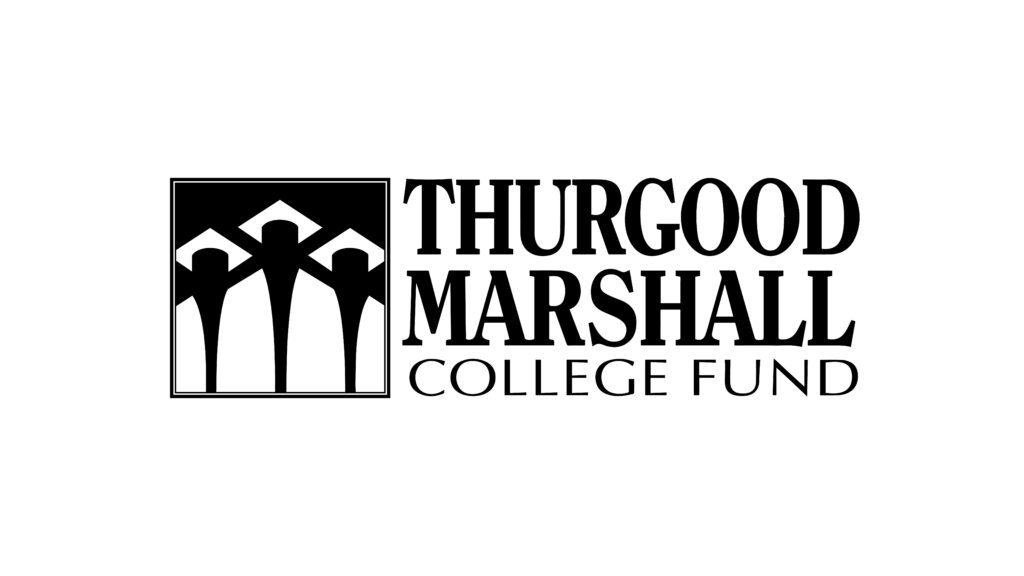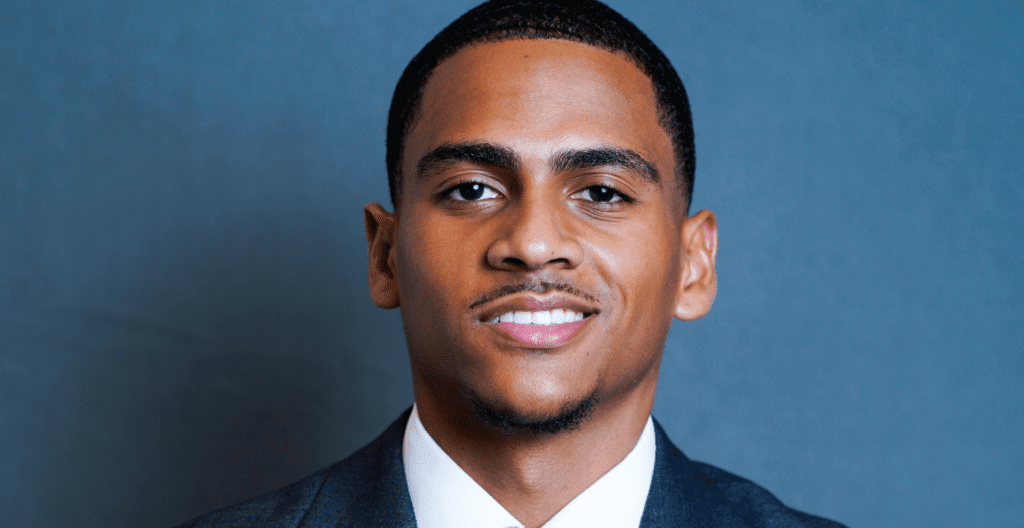Before Dillard University can start building a new dorm for its 1,291 students, the historically black college in New Orleans needs to raise money. To do that, it will have to contend with what researchers say is racial discrimination in the muni-bond market.
Historically black colleges and universities in the U.S. pay more to issue municipal bonds than non-traditionally black schools, according to recent research. After controlling for credit quality, issue type and other relevant factors, HBCUs pay on average 14 percent more in underwriting fees compared with historically white institutions.
Banks have to work harder to sell HBCU bonds, said Pengjie Gao, professor of finance at the Mendoza College of Business at Notre Dame and one of the authors of the report entitled “What’s in a (school) name? Racial discrimination in higher education bond markets.” Because of that effort, the school gets charged a higher fee.
For non-HBCUs, an average 81 cents out of every $100 raised flows to underwriters. HBCUs pay 11 basis points more, at 92 cents per $100 dollars raised. “Somehow the investor taste does matter for their decisions,” Gao said.
In states like Louisiana, Mississippi and Alabama, the spread jumps to 30 basis points. The report, written by professors from Duke University, Drexel University, University of Southern California and Notre Dame, attributes the upcharge to racial bias among local investors, who are most likely to buy muni bonds for the state tax break.
‘Racial Animus’
“Because HBCUs are located in states with high levels of anti-black racial animus, underwriters face steep frictions when trying to find willing buyers,” the report read.
These higher spreads come at a significant price. Gao put the cost at $35,000 per issue on the low end. America’s 100-plus HBCUs could find better things to do with that money, said Dillard President Walter Kimbrough. More than 75 percent of students at historically black institutions rely on Pell Grants to cover tuition and expenses, according to the Thurgood Marshall College Fund. At Dillard, for example, $35,000 would cover two full scholarships.
Bias in the bond market is another version of discrimination black Americans and institutions have faced in the financial sector, academics noted. In recent years, large financial institutions have defended themselves against charges of racial discrimination against employees and customers.
“There’s already inequity, so I’m not surprised to see this ongoing inequity in the bond market,” said Joni E. Finney, director of the Institute for Research on Higher Education at the University of Pennsylvania. “I think somebody should call them out on it and say, ‘We expect this to change.’”
Expanding Pool
Some lawmakers have tried. After a preliminary version of the academic study was released in 2016, Minnesota Congressman Keith Ellison introduced the HBCU Investment Expansion Act, an action that would grant triple tax-exempt status to bonds sold by the schools. That would allow out-of-state buyers to purchase the bonds tax-free. In theory, expanding the pool of possible investors outside of the state they were sold would make it easier for underwriters to place the bonds — and less costly for the historically black colleges.
“This legislation will level the playing field and help HBCUs get the funds they need to build new dorms, labs or classrooms without additional costs or fees,” Ellison said at the time.
The bill stalled in both the Ways and Means and Finance committees where it has remained ever since. Ellison is now running for Minnesota Attorney General.
As Dillard prepares for its first muni-bond offering since 2002, Kimbrough said he hopes the findings from the report will help him negotiate a fair deal with the underwriter they choose. He also said he knows what he’s up against.
“We are under-resourced institutions that serve an under-resourced community,” Kimbrough said. “Because of how everything else operates in the nation, those with the least resources end up paying more.”
By Danielle Moran and Jordyn Holman
Bloomberg



